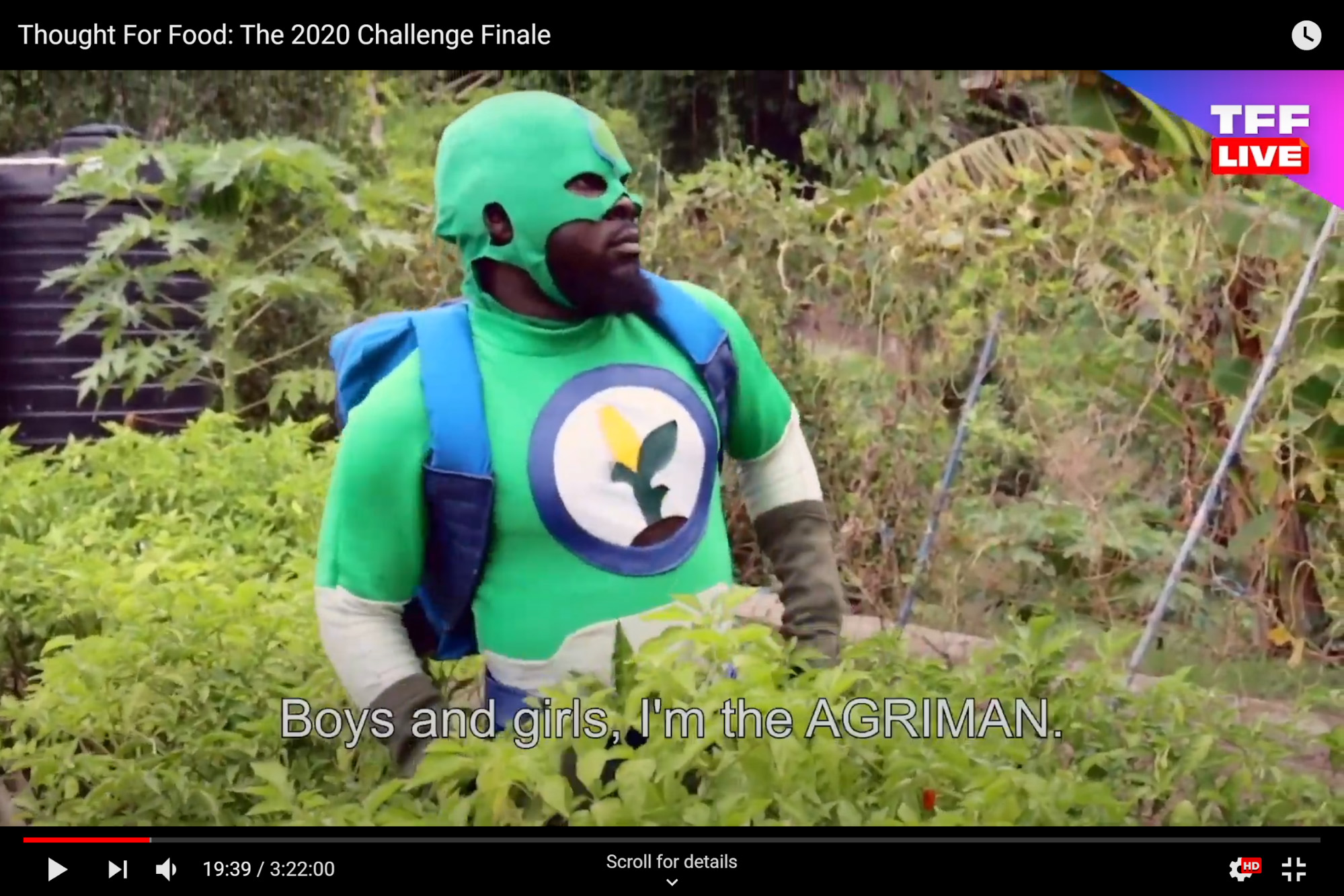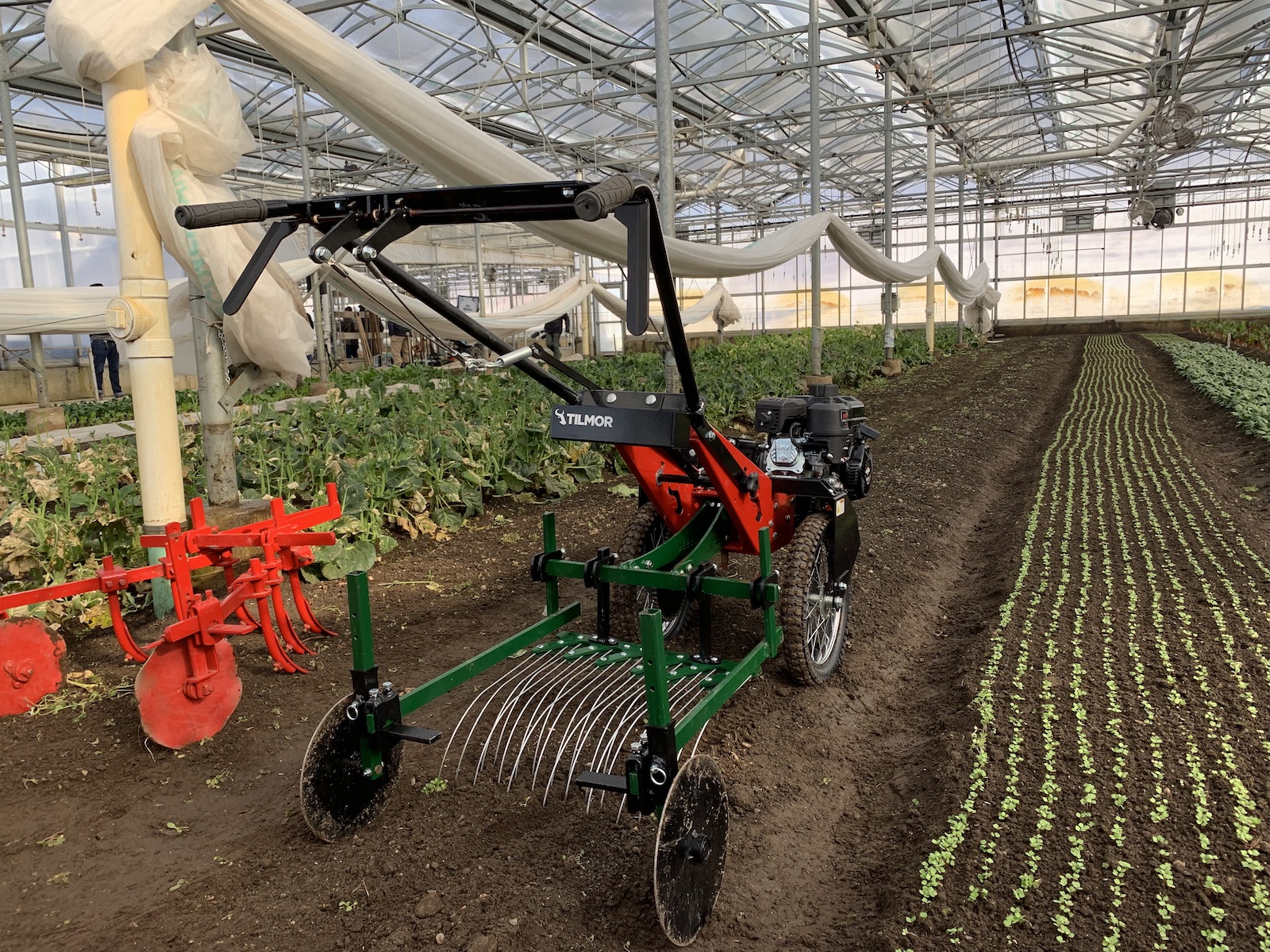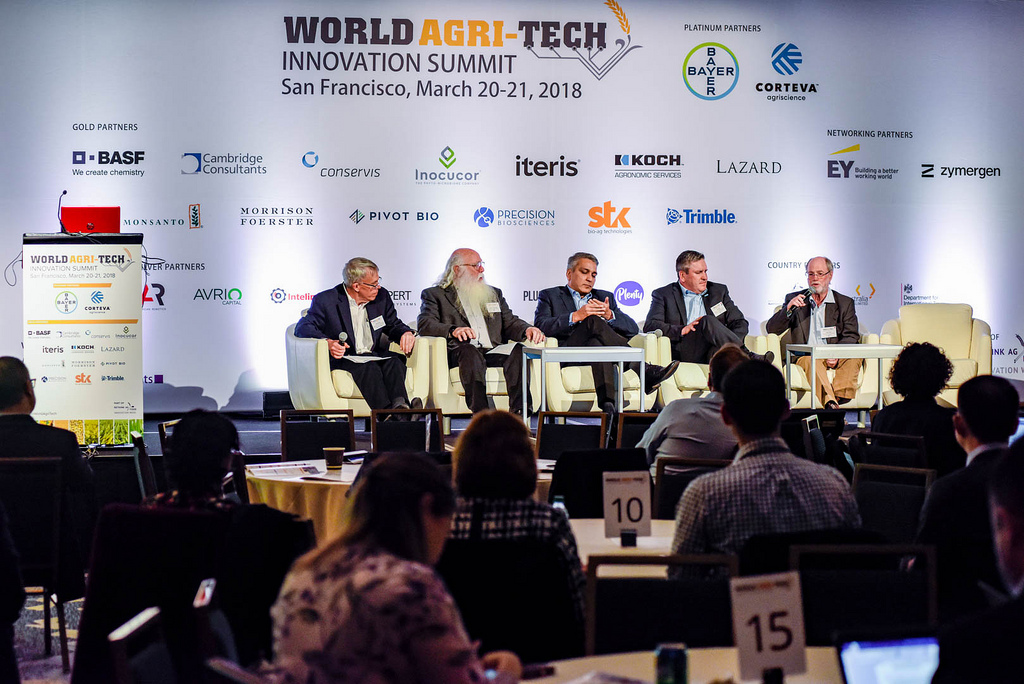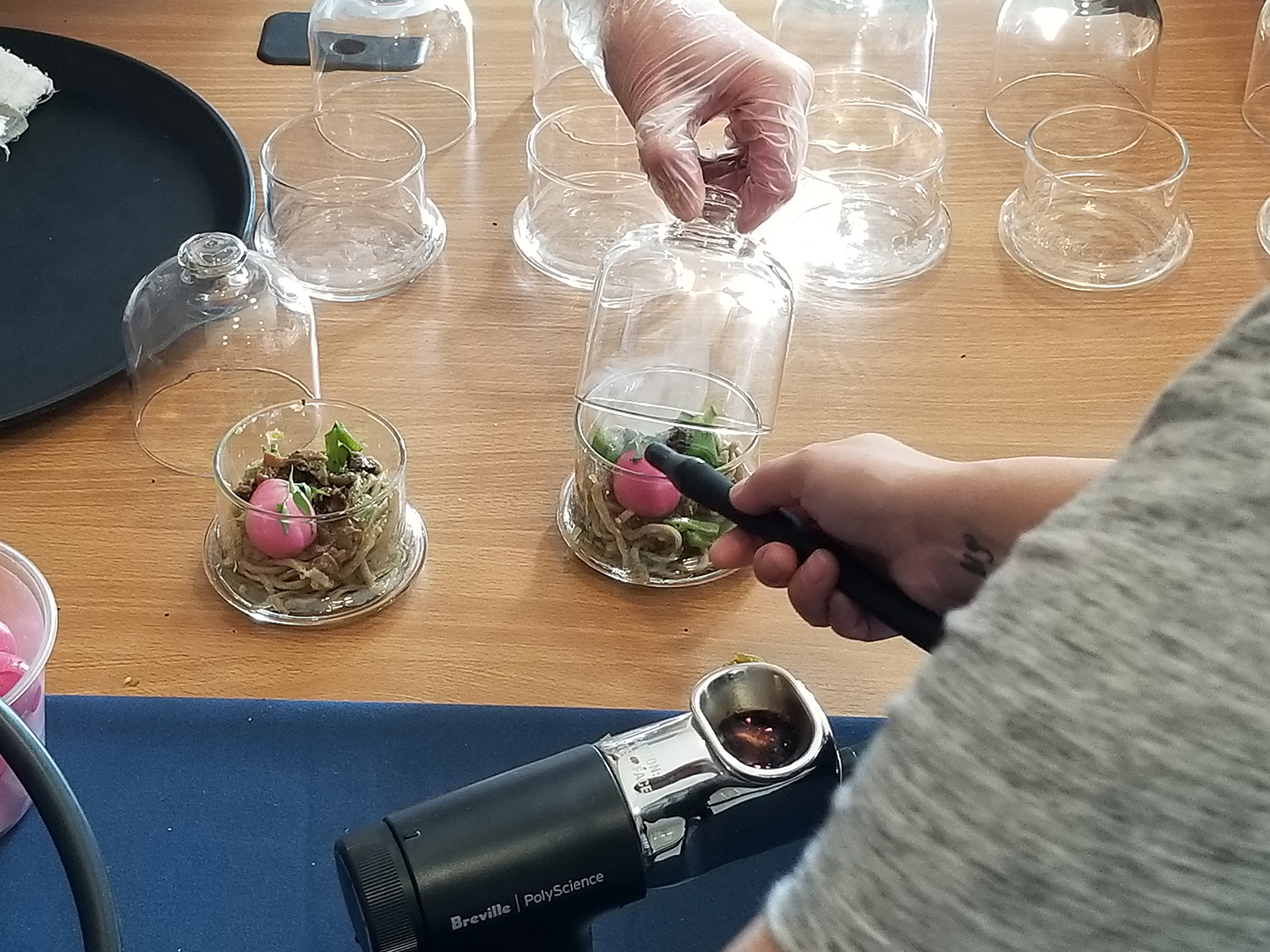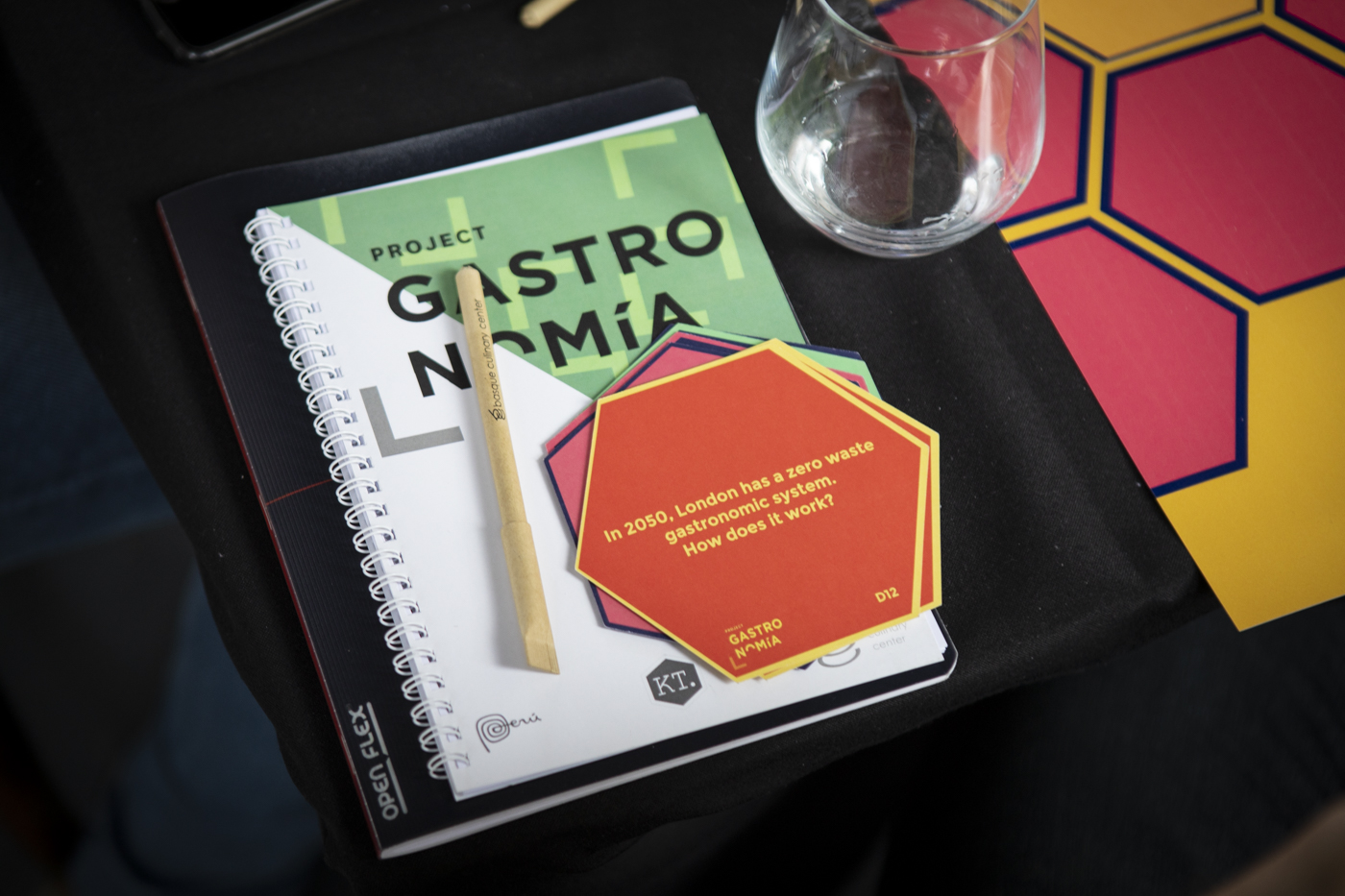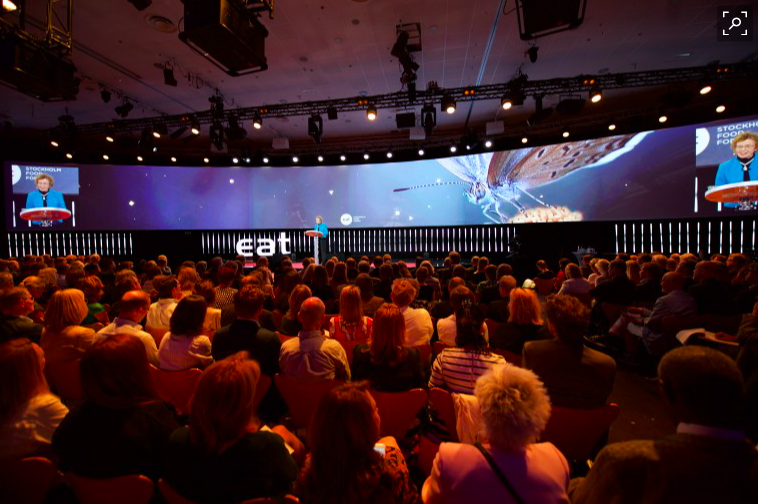Marking half a decade of food and agricultural innovation, last month’s Thought for Food Summit brought together hundreds of students and entrepreneurs from around the world to imagine new solutions for feeding nine billion people by the year 2050. Christine Gould, founder and CEO of the TFF Foundation took the occasion to reflect on five years of learnings and encourage participants to flex, what she calls, a model for next generation innovation. “Young people should be the ones that decide the future of food because it will be their future,” she argued in her keynote talk. Through the six tentpole values that define next generation innovation—openness, collaboration, beginner’s mindset, entrepreneurial methods, purpose before paycheck and larger-than-life energy—young entrepreneurs to actively solve our most complex problems in new ways.
In short, next generation innovation is more about an attitude than a set methodology. Gould argues for openness, an embrace of diversity and interdisciplinary insights noting that, “The winners of the future will be those with access to new and unexpected forms of insights and partnerships.” Insights are just a spark—collaborative ways of working will be critical to nurturing insights into ideas. As digital natives, the next generation can form teams across geography and expertise. Additionally, a beginner’s mindset characterized by a designer’s willingness to look at problems in new ways will have teams asking a lot of questions to arrive at the right opportunity: Why? What if? What would it it take? Related to this beginner’s mindset if what Gould champions as an entrepreneurial method, leveraging open-source technologies to share information and to find support for their work, being unafraid to be in beta mode of prototyping and iteration. Purpose before paycheck speaks to the millenial search for meaningful work and larger-than-life energy is that naive approach that looks for the “magic” and disruptive opportunity in what might be perceived as mundane industries. MOLD spoke with Gould about her framework and why next generation values will define what’s next.
MOLD: After accessing so many bright minds and diverse ideas, where do you think the future of food and agriculture stands?
Christine Gould: What I see is that there are lots of passionate young people, when given the chance to get involved and bring their unique mindsets and values, that are excited about solving the problems of the world. They are not going to choose traditional farming anymore, they are going to bring a new business model, innovation and justice. And that is how we are going to be able to feed the future.
We are on the 5th edition of the TFF summit, where is the energy coming from that fuels its continued success?
For us, our community is everything, that’s a unique point of the TFF movement. With people from more than 130 countries involved, you can imagine that we never hear the same perspective and priorities, but everyone working together with the same core ethos and next generation of values makes us unstoppable. Once you know you have these values and you know where to go, problems become opportunities and opportunities define what’s next.
If TFF keeps growing in this way, where do you think is going? What’s next?
Well, no TFF Summit is the same. Part of our spirit is to experiment, and somewhere we want to go next is to encourage less competition among the TFF Challenge start-ups and make them experiment and collaborate with each other. We want to offer open collaboration at all levels, so if we could provide them with the tools to develop a project instead of starting from scratch, the possibilities will be more exciting. Having an idea can be easy but the real challenge is to develop it and to make it a success.
Read more from Christine Gould and her case for next generation innovation at the Thought For Food Summit 2017.
